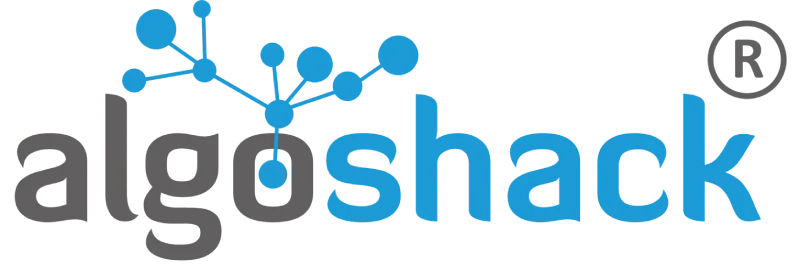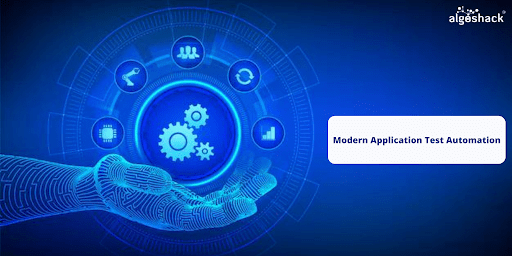In this blog let’s talk about what a modern application is, what a modern application is built of, and modern application test automation. Let’s start with what is a modern application.
Modern Application:
A modern application, in contrast to monolithic software, offers higher scalability, portability, durability, and agility. And the modern applications cover a broad range of use cases such as web and mobile backends, AI/ML workloads, IoT applications, batch processing, microservice backends, shared services platforms, and so on… Most developers and IT businesses create modern applications using a mix of modular architecture patterns, serverless operational models, DevSecOps, DevOps, low-code, and agile development techniques.
Nowadays, there are millions of users around the globe who want to use software’s that are on demand (Amazon or Uber), so scalability plays a vital role. A modern application generally runs on multiple and hybrid clouds, and a modern application typically runs on multiple and hybrid clouds. Modern Application provides portability to meet the needs of businesses with multiple cloud providers and environments. Moreover, a modern application is designed to remain functional even in the event of a disaster, network outage, or other causes of downtime, making it resilient. They are quick to change and update, which allows modern applications to respond to almost any new technological and consumer developments. Modern applications share fundamental techniques and components, yet their design and function vary widely. Now let’s see what a modern application is made of Microservices and APIs, Containers, DevSecOps, and CI/CD.
Microservices and APIs:
Modern applications are built in tiny parts, these parts are called as ‘Microservices’. These microservices could be gradually pushed for testing and deployment. This increases reusability, which is the process of building each piece so that it may be deployed to numerous applications. Modern applications also leverage Application Programming Interfaces (APIs) based on standards to connect the microservices, provide access to historical data, and decrease the need to develop complex integration code. Microservices and APIs help to reuse existing code and this reduces the work and increases the throughput of the application.
Containers:
A container is a modern application’s standard unit. It encapsulates code and all of its dependencies so that the application can be transferred from one computing environment to another quickly and reliably. Containers isolate a modern application from its environment and ensure that it operates consistently across development and staging environments.
DevSecOps:
DevSecOps, also known as “shift-left security”. It is the process of incorporating security into the design of contemporary applications instead of introducing it later. DevSecOps is a popular application security (AppSec) technique. DevSecOps involves incorporating security early in the software development life cycle.
CI/CD:
Continuous integration and continuous deployment (CI/CD) and modern applications go with one another. CI/CD builds pipelines to test and deploy smaller code increments more quickly. Rather than releasing a single large code release each year, software businesses can release a large number of smaller codes that are bug-free.
Modern Application Test Automation:
Modern applications provide reliability and flexibility. Also, designing a modern application can save a lot of time, and these apps can also help businesses reduce their entire operating expenditures. Moreover, modern applications can help in the development of high-quality software in a shorter amount of time. A modern application also delivers many other benefits to software businesses, so it is becoming more popular among software businesses.
To fulfil the ever-increasing need for higher software quality, thorough end-to-end testing of software products has become standard practice. However, manually testing each piece of software is a time-consuming and sometimes it can be an expensive process as well. To avoid this, many software teams consider automating their testing process. By automating testing for modern applications, a lot of time can be saved, the application’s efficiency can also be increased, and human testers can now perform tasks that only humans can do. Because of the challenges that a modern application poses, testing it becomes more complicated. And not all platforms can handle a modern application. Only a few frameworks are capable of handling it.
algoQA is the tool you need for modern application test automation. algoQA is a platform that supports several ALM and other technologies like Squish, Selenium, Appium, and others. algoQA significantly reduces scripting efforts by generating scripts not by record and play but by low code and no code principles, resulting in scripts that are not flaky. algoQA supports a wide range of applications. Examples include web applications, desktop applications, mobile applications, hybrid applications, robotic process automation, and embedded software.
Conclusion:
By automating testing for modern applications, a lot of time can be saved and the application’s efficiency can also be increased.
Anyone can automate testing with algoQA. algoQA is a unified End-To-End test automation platform. It supports UI-based test automation, API test automation, and load test automation. By leveraging algoQA, Get Shorter Go-To-Market & Enhanced Productivity. With algoQA’s Rapid Testing, you can generate thousands of test cases and executable scripts within minutes. By leveraging algoQA, you can get 5 times more productivity, and you can also save 80% of test automation. To add more algoQA is 100X faster, and it integrates with CI-CD to accelerate testing for DevOps.
Make your test automation BETTER, FASTER, CHEAPER, and INHERENTLY SCALABLE with algoQA. Click here to learn more about algoQA.
Book a demo now!
Written By – Vadeesh Budramane & Abhinag Reddy



